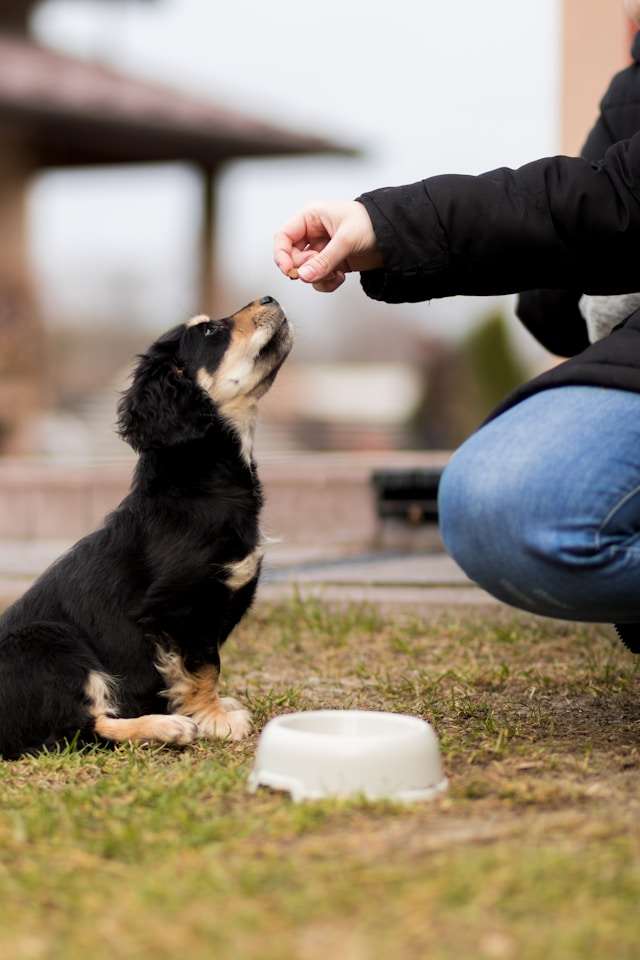When was the last time you took a probiotic? You might be able to say yes if you’ve ever had yogurt that has live cultures. Bacteria and yeasts are examples of beneficial or “friendly” microbes that live in the digestive tract. All animals have trillions of them in their guts; they help break down food, protect the body from harmful bacteria, produce vitamins and minerals, and strengthen the immune system. Pro, meaning “for,” and bio, meaning “life,” are the Latin and Greek roots of the word, respectively. When thinking about your best friend’s diet, probiotics for dogs should be considered.
Damage or destruction of helpful microorganisms can lead to gastrointestinal distress and an overall deterioration in health, impacting your pet’s ability to embracing a healthier lifestyle. One of the following strategies to increase good bacteria may be recommended by your veterinarian if your dog is experiencing diarrhea or similar problems or if he or she appears to become sick more frequently than other dogs for no apparent reason:
Prebiotics are substances that support the growth of beneficial bacteria in the colon by providing them with the nutrition they need. The Association of American Feed Control Officials (AAFCO), which regulates pet food, uses the term “direct-fed microbials” to describe probiotics.
Table of Contents
Do Probiotics Work?
Some veterinarians strongly recommend dog probiotics, and there is anecdotal evidence (personal accounts of success) that suggests they work. Some research has looked at the effects of probiotics on the immune systems of developing canines, and there have been studies on the health advantages of probiotics in general. Supplementation with a particular strain of Bifidobacterium animalis decreased the length of diarrhea from seven to four days, according to one 2009 Irish study. There was a 10% reduction in antibiotic treatment requirements compared to placebo.
Do Dogs Need Probiotics?
When it comes to a dog’s digestive system, probiotics are given to help maintain a healthy balance of microbes.
It should be possible for a normally healthy dog to spontaneously regulate the amount of bacteria in its digestive tract. However, an imbalance might develop in the face of stress, sickness, or starvation.
When dogs’ intestinal microorganisms are out of sync, probiotic pills often help.
Can Puppies Take Probiotics?
Doggy probiotics are safe for puppies to take. They may find that this helps them achieve a healthy gut-bacterial balance, which in turn helps their immune system function better and lessens the likelihood of digestive tract infections, constipation, and diarrhea.
Can Dogs Take Human Probiotics?
Probiotics made for humans are perfectly safe for dogs to consume. However, due to differences in gut microbiota between dogs and humans, they might not be as effective as a supplement designed for a particular species. Labels on dog-specific probiotics will include dosage guidelines that consider this.
When to Use Probiotics?
A “desirable intestinal microbial balance” is the most common reason for prescribing probiotics, as stated in the Merck Veterinary Manual. Disruptions to the delicate balance between beneficial and pathogenic bacteria can occur in stressed or ill animals. Symptoms such as foul breath, gas, cramps, and diarrhea may follow.
The following are examples of things that can set off such digestive disorders:
Stress
Just like in people, colitis can develop in animals as a result of changes that induce emotional stress, like boarding, moving, or losing a home. Many dogs in shelters experience diarrhea for that very reason. When it comes to treating diarrhea in dogs rescued from shelters, some research has shown that probiotics are just as effective as antibiotics.
Diet
This can involve giving the dog food that has gone bad or that it simply doesn’t like.
Dementia Medications
It is well-known that antibiotics and long-term steroids can kill off beneficial bacteria in the gut, leading to diarrhea.
Insects and other parasites
Your otherwise healthy dog may benefit from a probiotic if he has a history of diarrhea after stressful events. Giving your dog probiotics a few days before taking it to the show or boarding it can be a good idea. Additionally, a few days of probiotics before the stressful event could help puppies who have diarrhea following things like training sessions or trips to the vet.
Conclusion
Dogs that are having stomach problems, vomiting because of stress, or just need extra help for their immune systems can get and keep their gut healthy with probiotics. Most probiotics made for people are okay for dogs, but you should always talk to your vet to find the best probiotic product for your pet. It will be better for your dog’s health, happiness, and comfort if you give them probiotics.
Featured Photo by Kacper Chrzanowski on Unsplash




